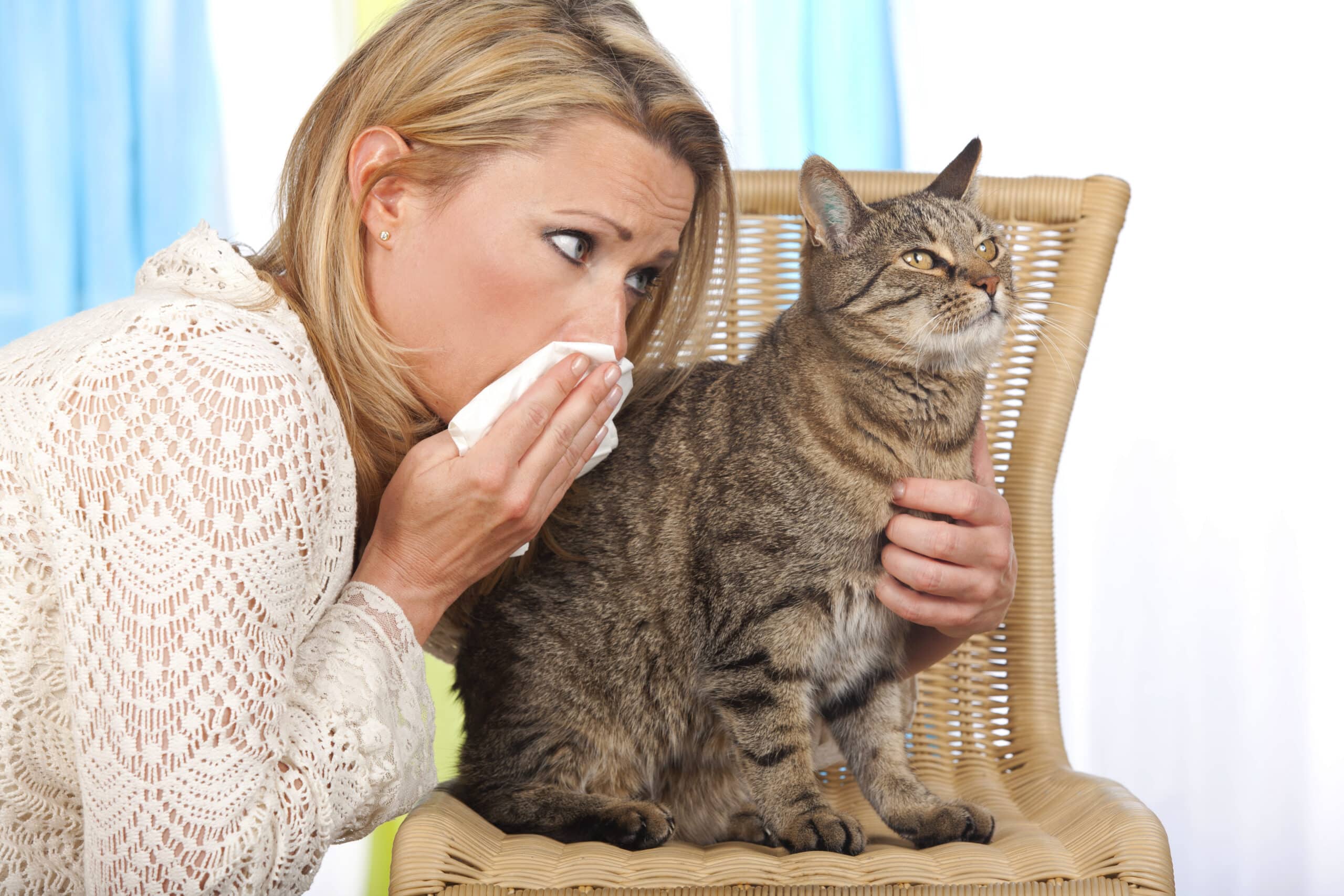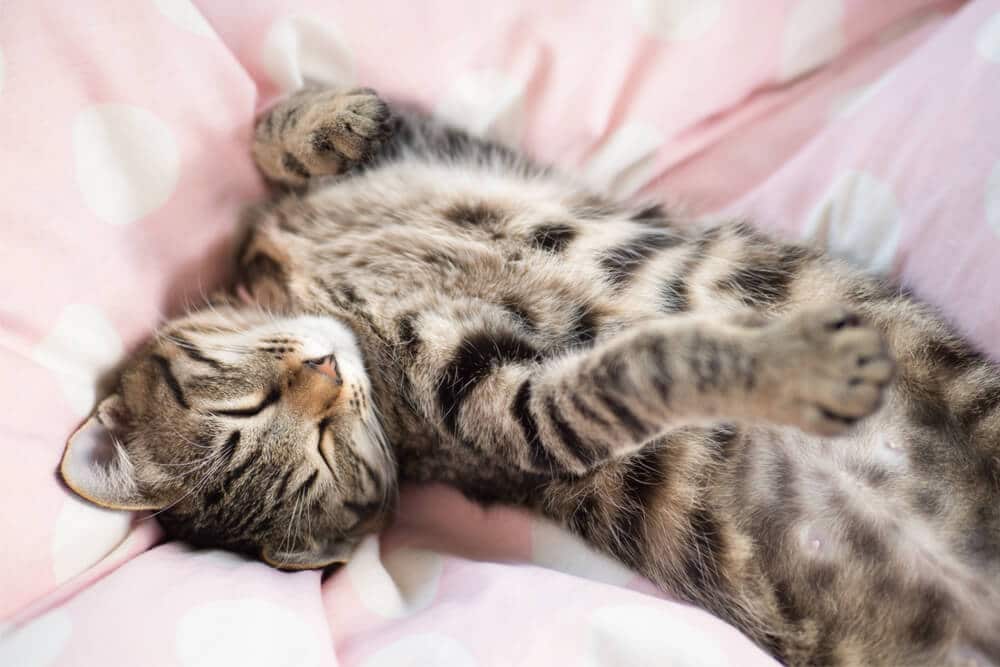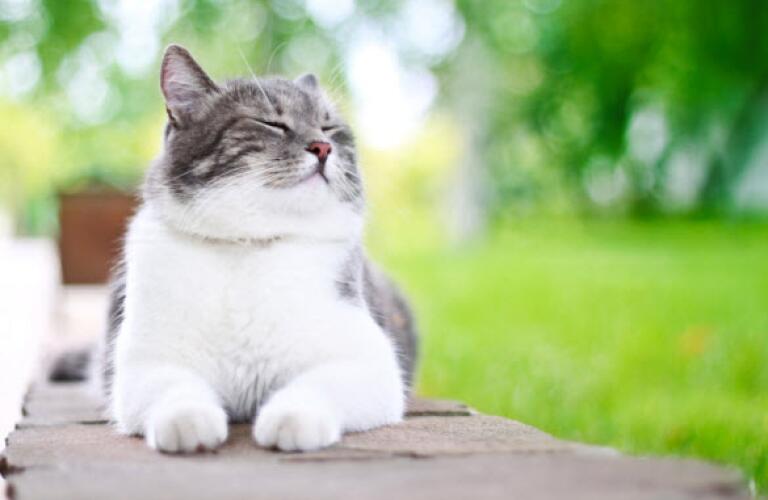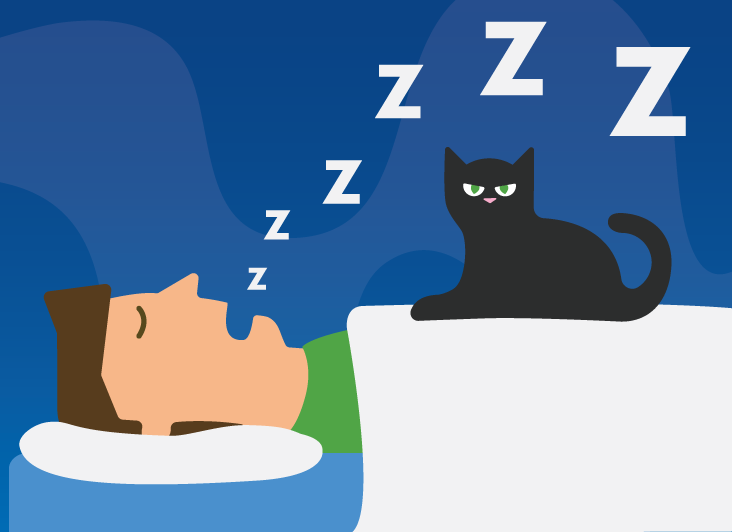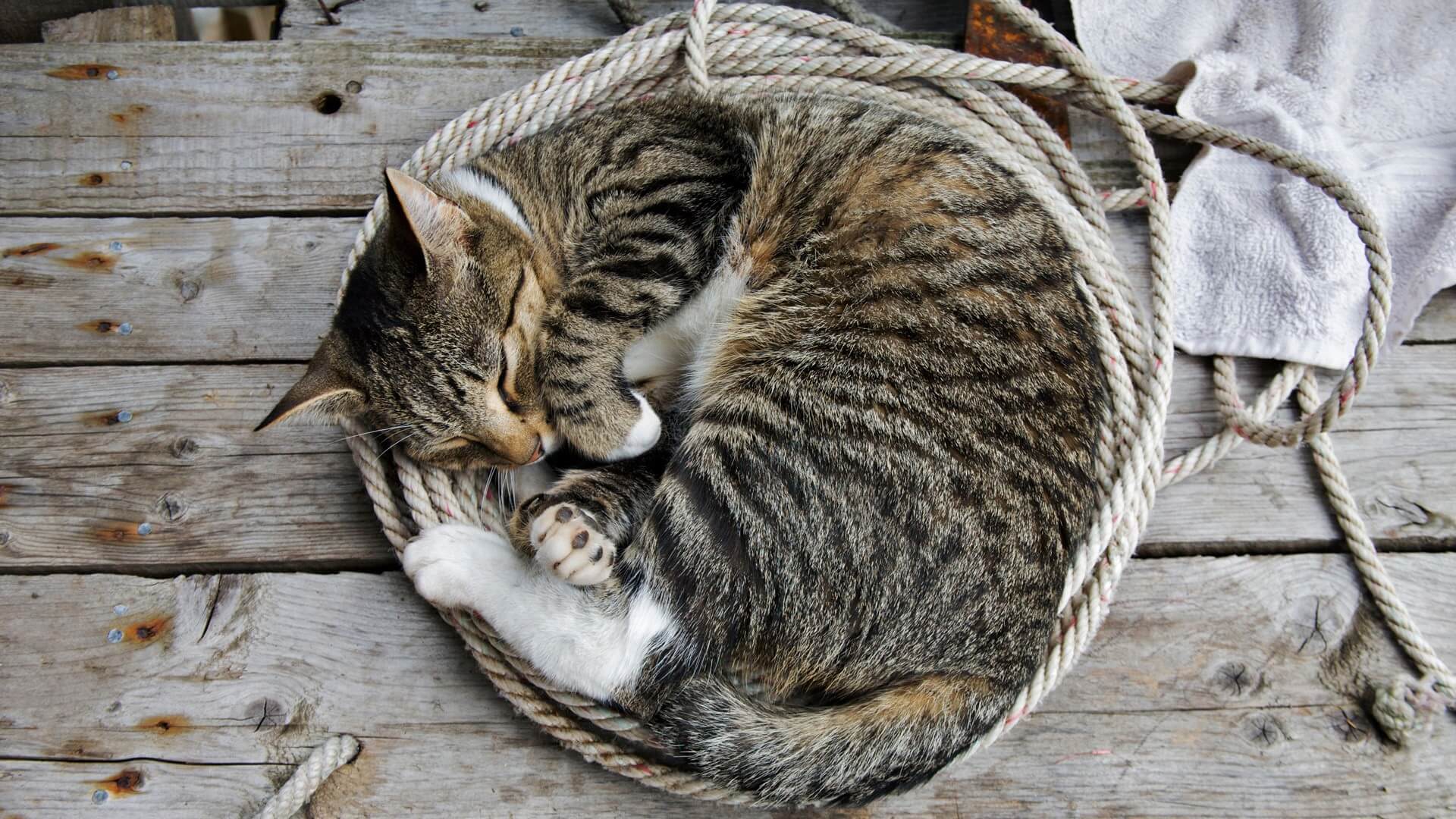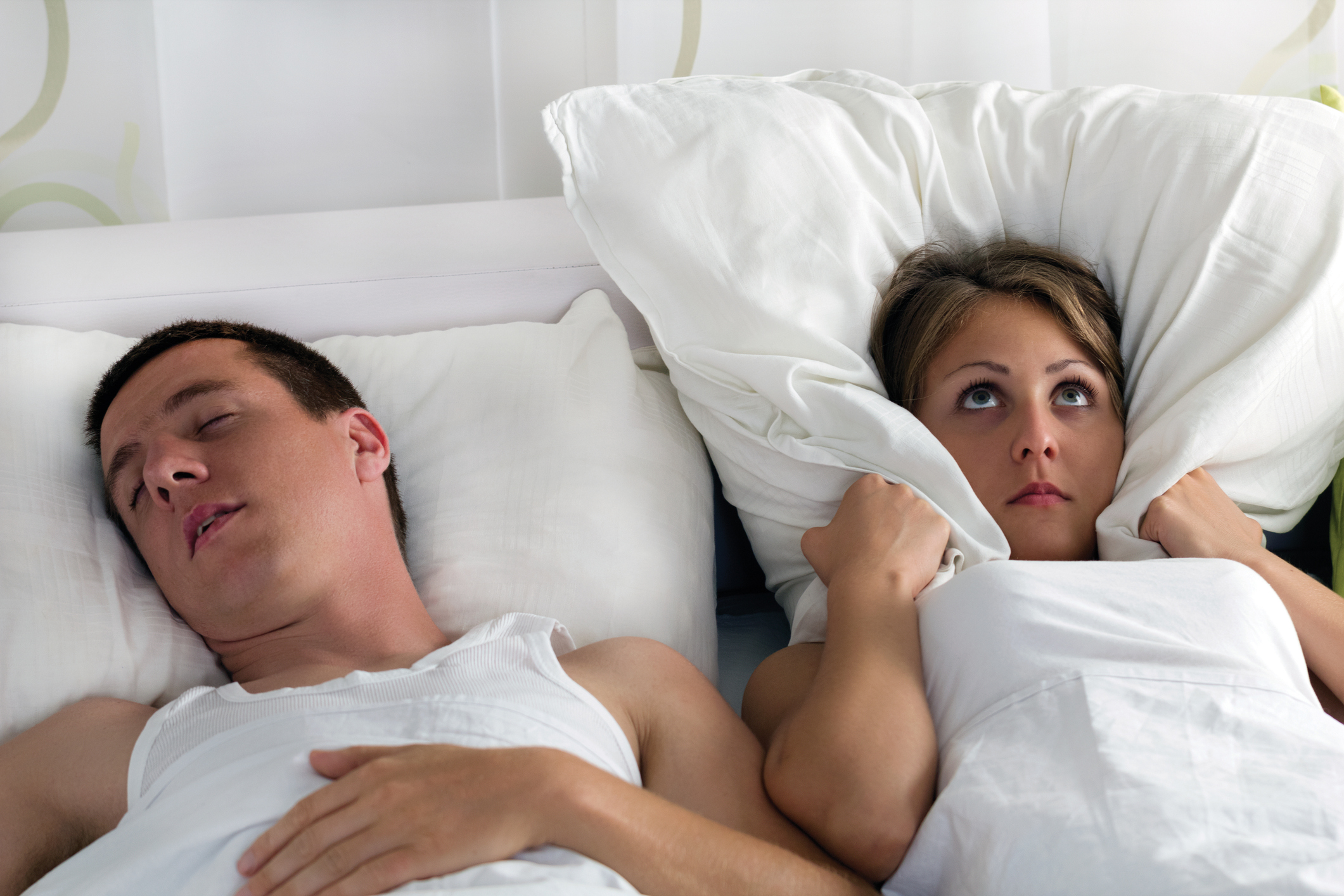Seasonal allergies and apnea when spring is in the air so is airborne pollen from trees mold spores weeds grasses and of course the spectacular colorful flowers you see bursting up in gardens and at the sides of the road.
Cat allergy sleep apnea.
Similar to the way sleep apnea affects humans in cats and dogs it can cause breathing to suddenly stop during the night.
Because of those blocked nasal passages and airways the risk of osa rises.
Sleep disorders like allergy induced sleep apnea are extremely common in those suffering from seasonal or year round allergies.
Allergies and sleep disorders.
Sleep apnea insomnia and narcolepsy are among the common sleep disorders in dogs and cats.
Other health problems appear at a higher rate in those who suffer from allergies as well.
Sleep disorders including insomnia sleep apnea sleep apnea irregular breathing during sleep and excessive daytime sleepiness affect up to 30 of the population.
8 2020 healthday news continuous positive airway pressure cpap may be the go to treatment for sleep apnea but many people struggle to use it every night.
For those who.
Seasonal allergies can actually make your sleep apnea worse and treating it with cpap more challenging.
Obstructive sleep apnea osa a sleep disorder in which breathing is briefly and repeatedly interrupted during sleep is linked with allergic rhinitis.
People with osa may suffer from severe daytime sleepiness and a range of chronic health problems.
However when it comes to sleep apnea the risks range from trouble sleeping to death due to obstructions in your pet s airways.
There are two classifications of sleep apnea conditions.
So while allergies may not specifically cause sleep apnea there does seem to be a connection.
Getting a full night of sleep is essential and pet dander mold dust mites and seasonal trees can affect your sleep schedule.
In addition certain allergic reactions that may swell the tonsils or adenoids causes the chance for osa to occur to double.
Osa occurs when the muscles of the throat relax and fail to hold the airway open during sleep.
Obstructive sleep apnea involves the tonsils uvula soft palate and nasal septum while the less common central sleep apnea results from the brain not communicating with the muscles involved in.
Allergies may certainly make it more likely for sleep apnea to occur.


